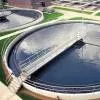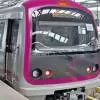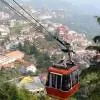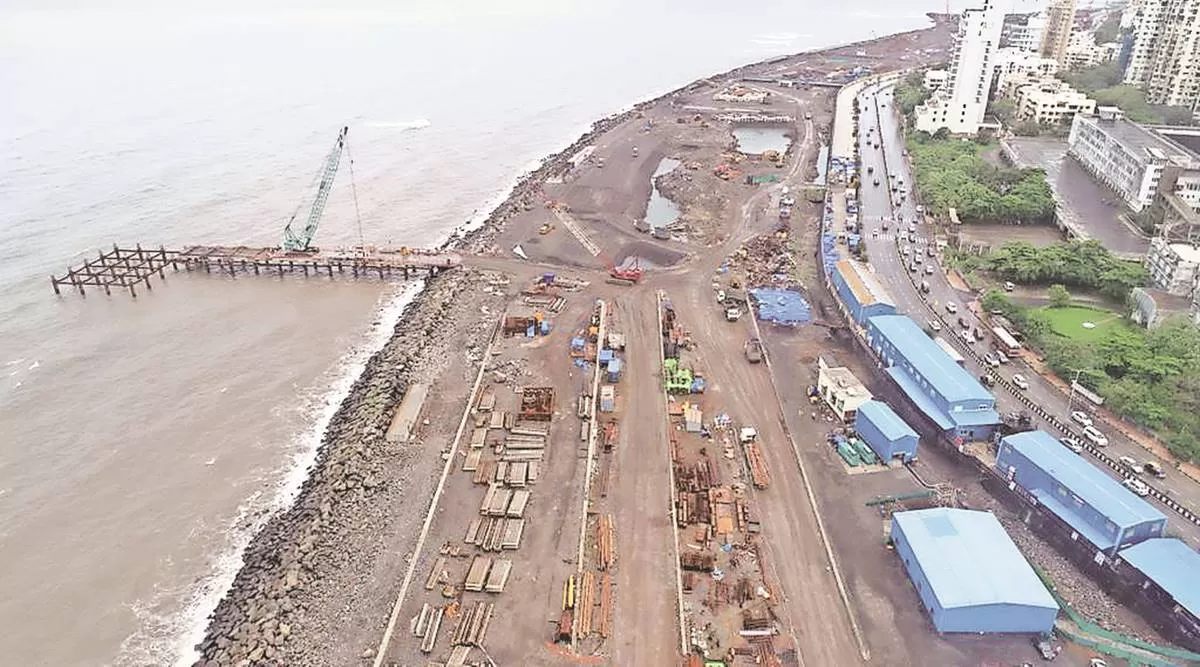
Safety concerns arise over Mumbai's newly opened Coastal Road tunnel leaks
Redefine the future of urban mobility! Join us at the Metro Rail Conference 2025 to explore groundbreaking ideas and insights. 👉 Register today!
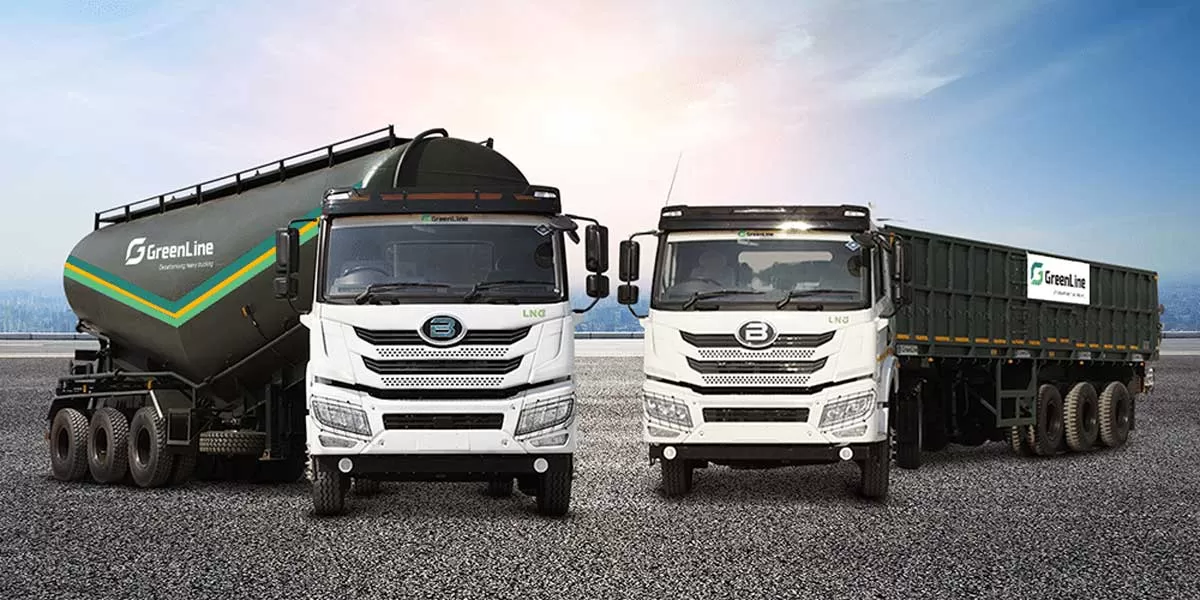
GreenLine and Mondelez Launch LNG Trucks for Sustainable Logistics
GreenLine Mobility Solutions Ltd, part of Essar's Green Mobility initiative, has joined forces with Mondelez International (India) to introduce LNG-powered trucks for sustainable product transportation. This collaboration, launched at Mondelez's Alwar facility in Rajasthan, aligns with the company's sustainability goals and ESG commitments, aiming to cut carbon emissions and enhance supply chain efficiency.GreenLine's LNG trucks, which have already reduced 8,519 tonnes of carbon emissions, provide a cleaner alternative to diesel vehicles by significantly lowering greenhouse gas emissions. Anan..
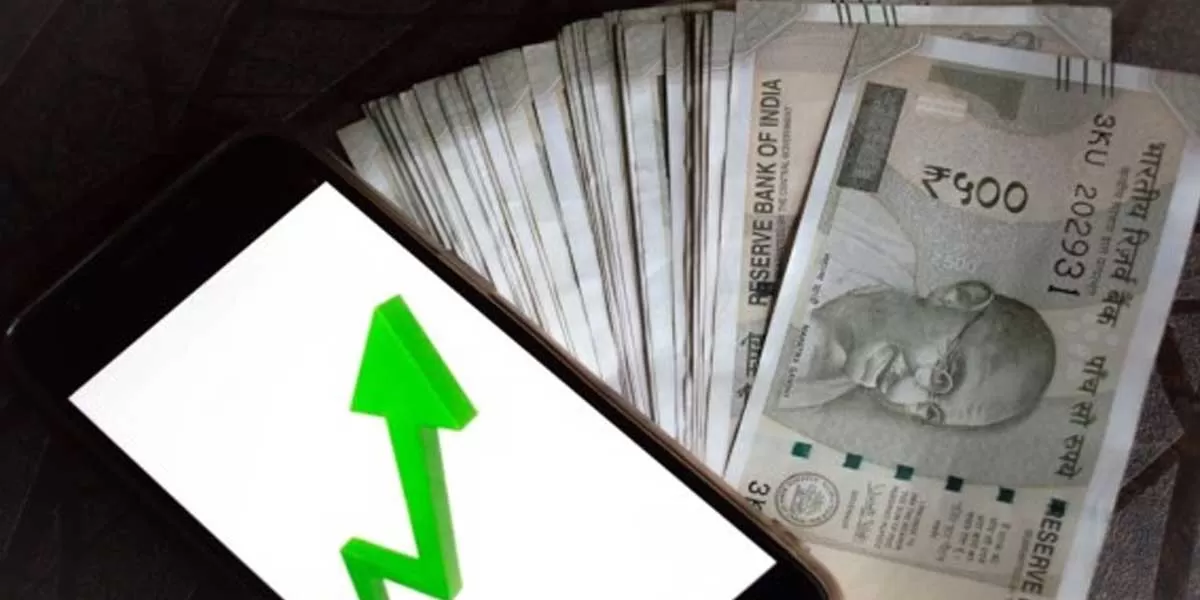
Minda to Buy 49% Stake in Flash Electronics
Minda Corporation announced on January 15, 2025, that it will acquire a 49 per cent stake in Flash Electronics for Rs 13.72 billion. This partnership aims to expand the product offerings of both companies by combining their existing portfolios to create a comprehensive range of electric vehicle (EV) solutions. Minda will acquire the 49 per cent equity stake for the stated amount, marking a significant step in its strategy to strengthen its position in the EV sector.""This partnership is a perfect fit for our long-term goals and will create substantial value for our customers and shareholders,"..
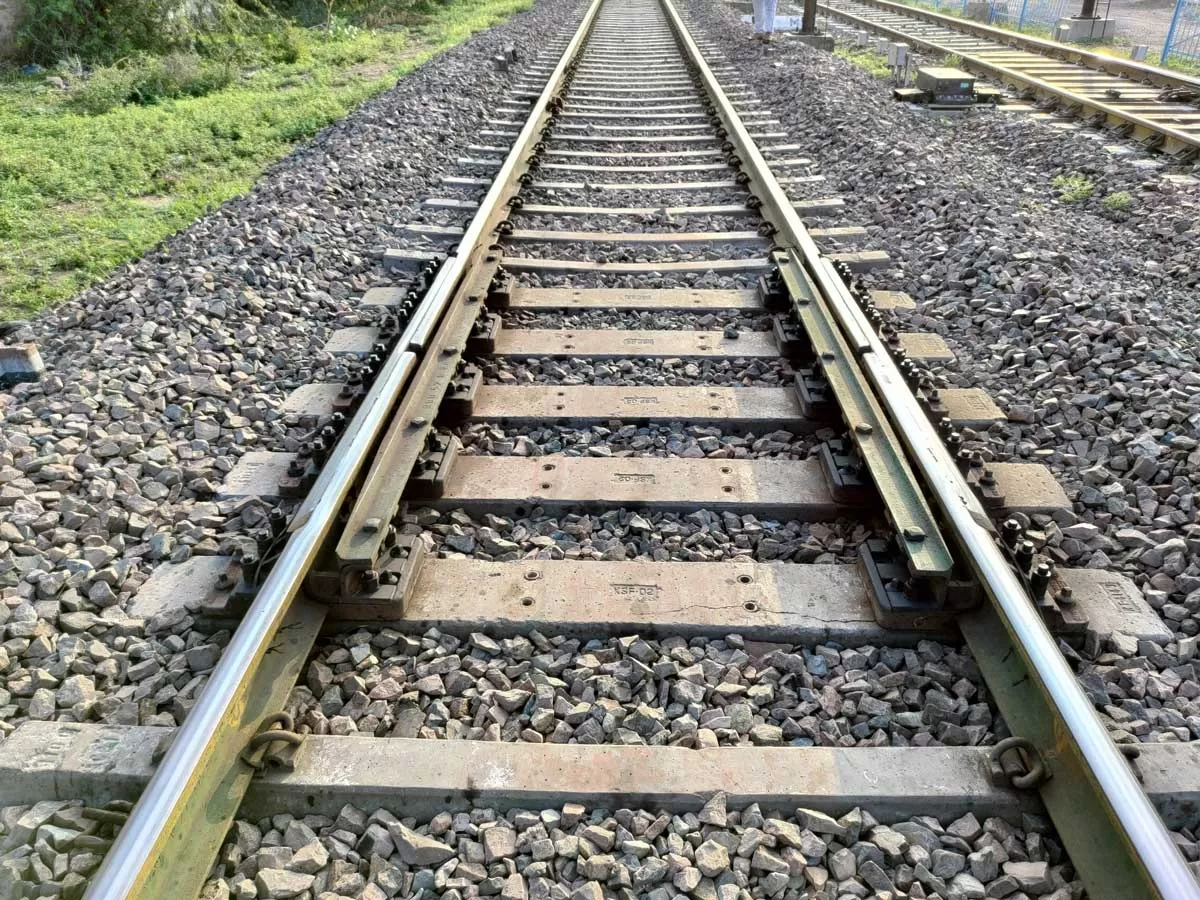
RailMin Clarifies Misunderstanding Regarding Madurai-Tuticorin Project
On January 15, 2025, the Railway Ministry issued a clarification regarding comments made by Railway Minister Ashwani Kumar at a press event in Chennai on January 10. The clarification followed confusion created when Tamil Nadu Transport Minister SS Sivasankar denied claims that the state government opposed the Madurai-Tuticorin railway project.According to the ministry, the confusion arose due to background noise during the press interaction. When questioned about the Madurai-Tuticorin railway line, the minister mistakenly responded about the Dhanushkodi project instead.The Railway Ministry cl..







